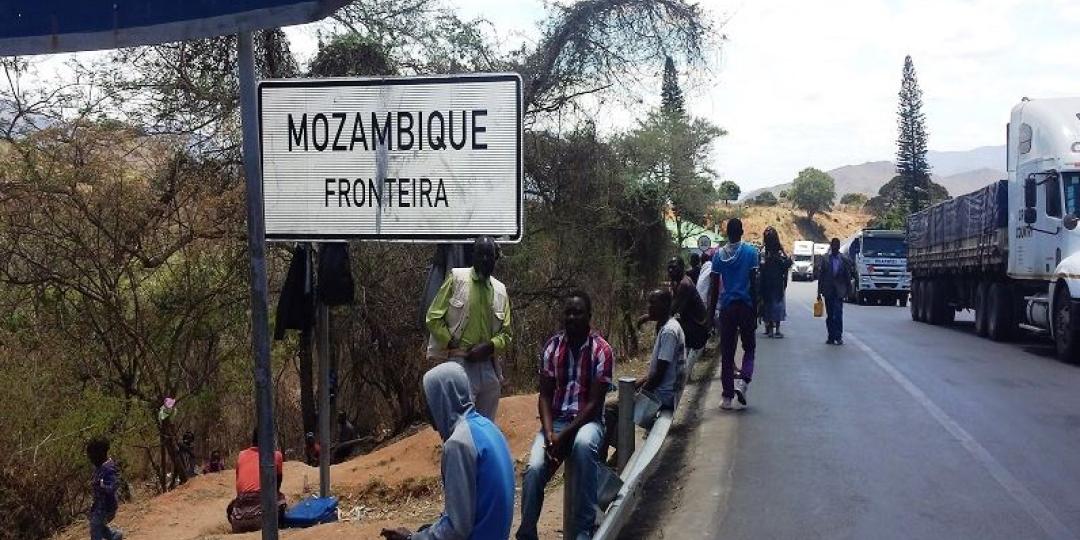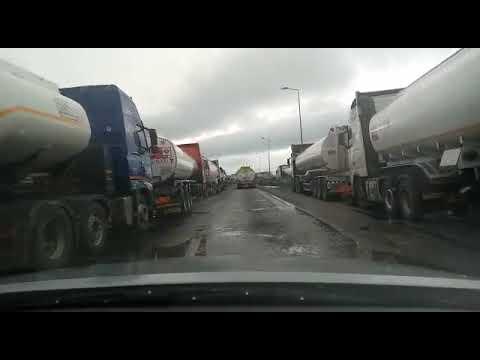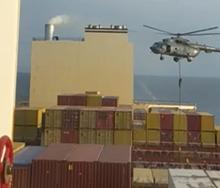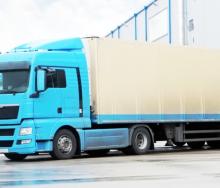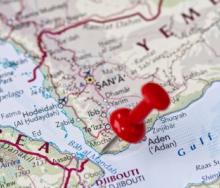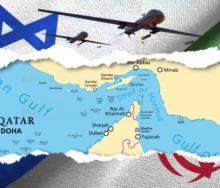A shortage of cargo seals and alleged exploitation of an inadequate system have been blamed for congestion and truck traffic backing up at border crossings on hinterland corridors linking landlocked countries with the Port of Beira.
This morning the situation prompted a bulk liquid fuel carrier operating in the Copperbelt of Zambia and the Democratic Republic of the Congo to turn to a high-ranking official in Mozambique for help.
The official in question, Rogério Gomes, is not actually involved in transport.
However, as Tourism Portfolio vice president of the Confederation of Economic Associations, he’s become well known for his progressive approach to seeking solutions.
Consequently, out of desperation, the haulier this morning wrote to Gomes to see if he could assist transporters through his government contacts.
In his email to Gomes, the haulier explained: “We are in a precarious position in Beira.
“A new sealing system has been implemented by authorities and it’s failing to operate. Vehicles in the port cannot be sealed and are not being allowed out.”
Similarly, vehicles waiting to enter the port are not allowed entrance to load.
The source added that at Mozambique’s Machipanda Border Post on the N6 Beira Corridor into Zimbabwe, vehicles had arrived with these seals but there was no one to take the seals off and return them to Beira.
Speaking to Freight News this morning, executive director of the Federation of East and Southern African Road Transport Associations (Fesarta), Mike Fitzmaurice, said the rollout of in-transit seals appeared to have been done without due consideration for capacity and human resource requirements.
The bulk liquid haulier said the same.
“They didn’t put the correct procedures in place. They didn’t pay attention to the volume of trucks using Beira, which has become a busy port, and the amount of seals it would require.”
He added that planning and preparation around supporting infrastructure and adequate personnel should also have been better implemented.
An official from Mozambique Electronic Cargo Tracking Services (Mects) took umbrage at the accusations, saying this was not true.
“We have deployed enough teams to do unsealing in Machipanda.”
He said the reason for the hold-up at important transit points was coronavirus testing, a claim that appears to hold true elsewhere as well.
“If you go to Machipanda you see that trucks within a two-kilometre range of the border are all unsealed. In Beira port trucks are not leaving because they are waiting for customs declarations and not sealing. We have enough teams and seals including all necessary resources to do sealing operations on time.”
He added that Mects had approached Mozambique’s revenue authority to resolve hold-ups at the port.
Jan de Vries, chief executive of the port’s concession company, Cornelder de Moçambique, said he would also look into the matter.
Fitzmaurice has since confirmed that a director at Mects has assured Fesarta that the problem is not related to a lack of human resources or a shortage of seals.
“It is related to Covid-19 processing and seals not being removed.”
Fitzmaurice commented: “In Beira it appears there is a lack of understanding on the part of both agents and customs on the sealing process, and delays in payments for sealing being made by agents.”
Not only that, but unscrupulous clearing agents have been accused of using too many seals as a means of extracting as much money out of transporters as possible while the system hobbles along in infancy.
Superlink trucks, for example, are said to receive as many as three seals per rig when they only require one, increasing the cost to $110.
The per-unit charges, Freight News has learned, are $38, $50 and $55 for containers, breakbulk hauliers, and tankers respectively.
The claim that the queues were not that long, inside of two kilometres and easily processed, was also false, the liquid haulier said.
“We have trucks stuck in Mozambique for days while clearing agents are jumping on the bandwagon, overcharging transporters.”
WATCH: Fuel tankers queue for kilometres at the Port of Beira amid the country’s cargo seal situation.
